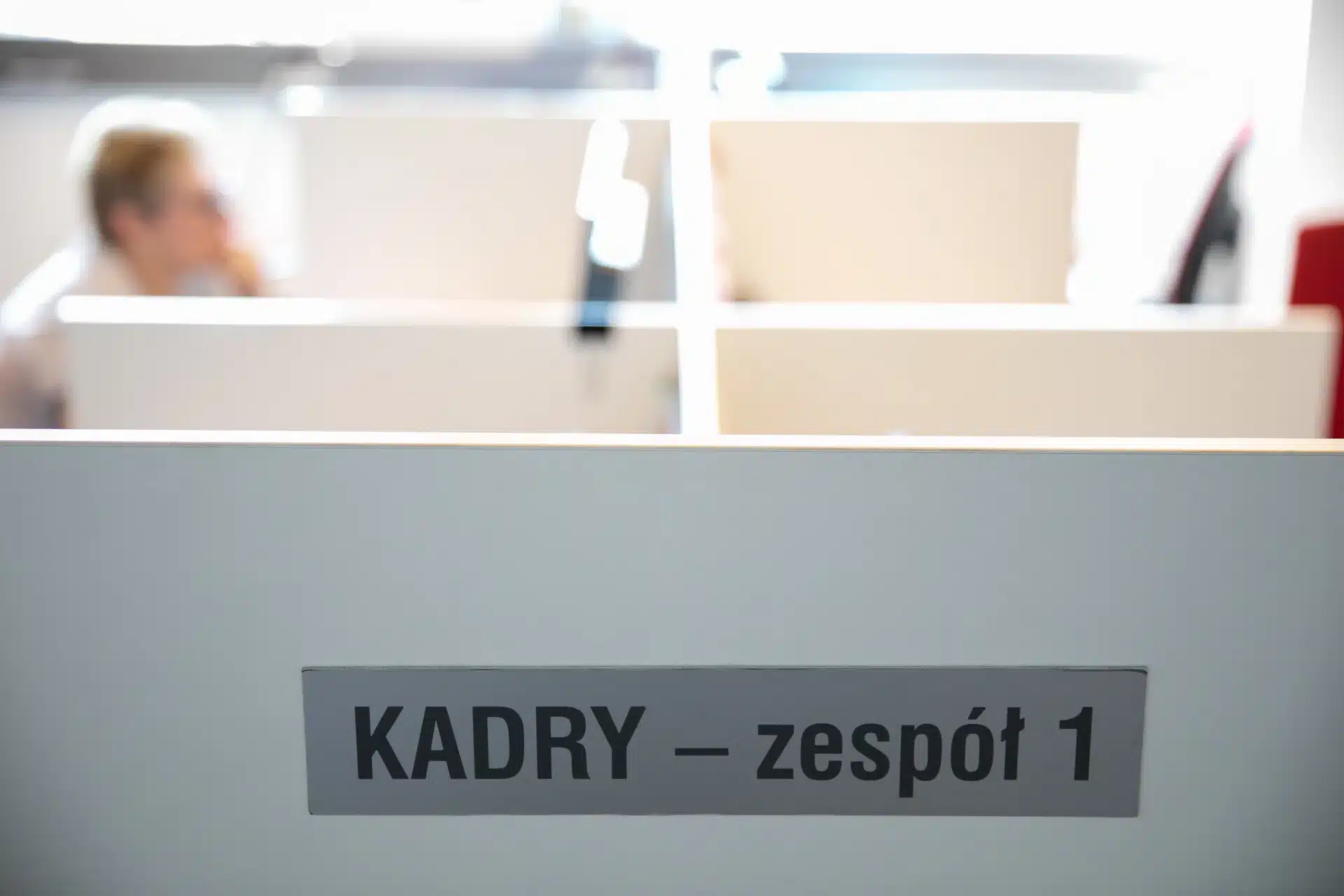Only 37 percent of European employees are satisfied with their total compensation package. Poles evaluate their situation significantly better.
As many as 60 percent of Polish and European employees consider salary to be the most important factor when choosing an employer. At the same time, the level of remuneration is also the main reason for changing jobs. Fewer than four in ten (37 percent) European employees are satisfied with their compensation package, while about a quarter (26 percent) are decidedly unhappy with it. Against this background, Poles evaluate their situation much better. Almost 51 percent are satisfied with their paycheck amount, and only 17.5 percent express outright dissatisfaction. Beyond regular salary, companies often offer other forms of compensation, but these do not always meet the expectations and needs of employees.
Good workplace atmosphere, attractive compensation, development opportunities, or job security – what makes a company an attractive employer for the top talents in the market? For six in ten European employees, compensation remains the most important criteria in choosing an organization in which they will develop their career. The same number of Polish workers declared that the amount of remuneration is crucial for them. Job security and financial stability are in the second place (42 percent), closely followed by a good workplace atmosphere and relations with colleagues (41 percent). Among the surveyed Polish employees, these factors were somewhat less pointed out – both turned out to be priorities for about 37 percent of workers. We rate the flexible benefits package (13.7 percent vs 7 percent average for Europe), decision-making power (13.7 percent vs 10 percent), diversity, equality and inclusion in the workplace (13.3 percent vs 9.4 percent), and the employer’s care for the mental and physical health of the employees (22.7 percent vs 16.6 percent) higher than our European colleagues.
A survey conducted by SD Worx among 18,000 employees employed in over 5,000 companies from 18 European countries shows that as many as 40 percent of European (30 percent of Polish workers) employees would like additional vacation days. What’s more, many employees do not have a full picture of the worth of all components of their compensation, which may significantly affect their evaluation of employment conditions.
– Our research among employees shows that remuneration remains a key factor in choosing an employer and plays a significant role in motivation and satisfaction. It is very important to adjust the compensation policy to the individual needs of every employee. Compared to the European average, Poland performs extremely well, because while only 18 percent of Europeans can define the composition of their own compensation package, as many as 32 percent of Polish workers can. However, we see that as many as 43 percent of working Poles declare that they would like to have access to a ‘benefits cafeteria’ system, which confirms the expectation of employees regarding an individual approach and the possibility of a flexible choice from among benefits that are an important part of the compensation policy. – says Paulina Zasempa, People Country Lead at SD Worx Poland.
Only 37 percent of European employees are satisfied with the transparency of the compensation policy. Meanwhile, half of the Polish workers have no objections towards it.
How do European employees perceive the remuneration policy? Four in ten employees (39 percent) believe that their organization provides sufficient communication on the remuneration policy and any changes, while roughly the same number (37 percent) are satisfied with the transparency of the remuneration policy. Meanwhile, half of the employed Poles find both aspects satisfactory.
– It is important to clearly communicate to employees the data on their complete compensation package. Only a quarter of organizations provide a summary that includes all elements of remuneration, and even four in ten employees are not aware of how their work is actually paid. Remuneration package information management is facilitated by software that presents this information in a clear and user-friendly way. – explains Paulina Zasempa.
Four in ten employees want additional vacation days. The total compensation package consists of more than just a fixed salary. European employees receive, on average, seven different types of payment. Leading the way is Belgium, Slovenia and Poland – a statistic employee in these countries receives even nine components of the salary. The least of them have employees in Italy (5), Spain (6) and Denmark (6). The most common types of compensation received by employees are a fixed salary (81 percent), flexible working hours (50 percent), and training (39 percent). One in four European employees (25 percent) receives a compensation that consists of variable components.
But what do employees really want? One of the most frequently offered benefits by employers is training. More and more employees from all age groups want to develop and improve professionally, but only 16 percent of Europeans and 19 percent of Polish workers perceive them as an attractive component of compensation.
The study conducted by SD Worx shows that Polish employees prefer a fixed-income salary (55 percent), additional days of paid leave (30 percent), and flexible working hours (29 percent). Just behind these were occasional gifts (23 percent), shopping vouchers and tickets for cultural events (18.7 percent), and life insurance (18 percent). Meanwhile, European employees would prefer meal vouchers or supplements (24 percent) and additional health insurance (20 percent).
About the study
SD Worx, a leading European provider of HR services, helps organizations with personnel and payroll. SD Worx regularly conducts surveys to find out what really matters to employers and employees. The analysis of the latest “Navigator Series” survey provides organizations with a compass for navigating the challenges related to personnel and salaries. The study was conducted in February 2024 in 18 European countries: Austria, Belgium, Croatia, Denmark, Finland, France, Germany, Italy, Ireland, the Netherlands, Norway, Poland, Romania, Serbia, Slovenia, Spain, Sweden, and the United Kingdom. A total of 5,118 companies and 18,000 employees were surveyed. The results are weighted and guarantee a reliable representation of the labor market in each country.
Source: https://ceo.com.pl/czy-polacy-sa-zadowoleni-ze-swojego-wynagrodzenia-99369
